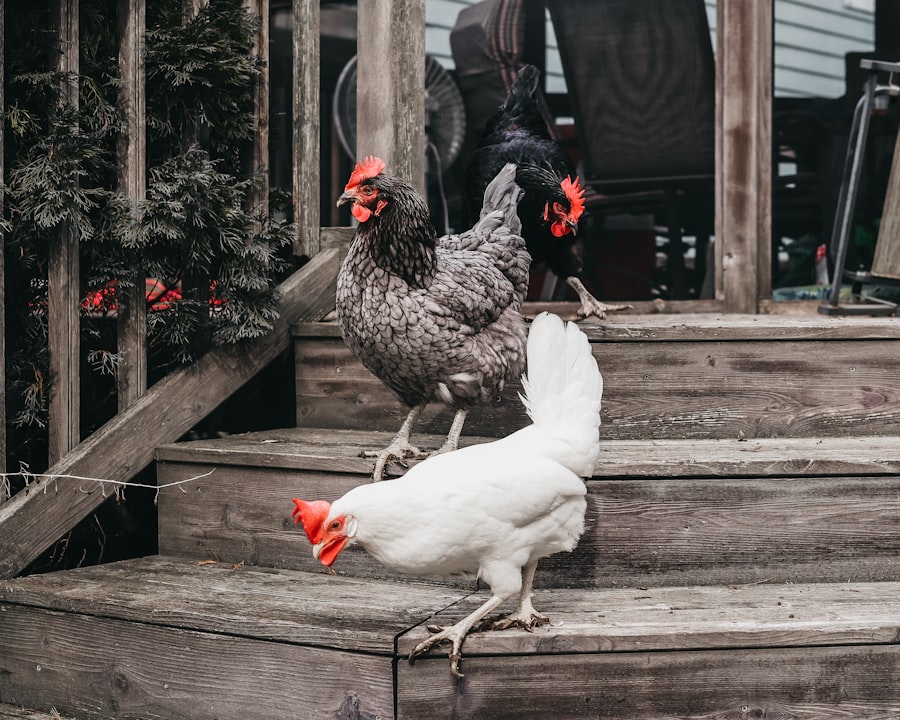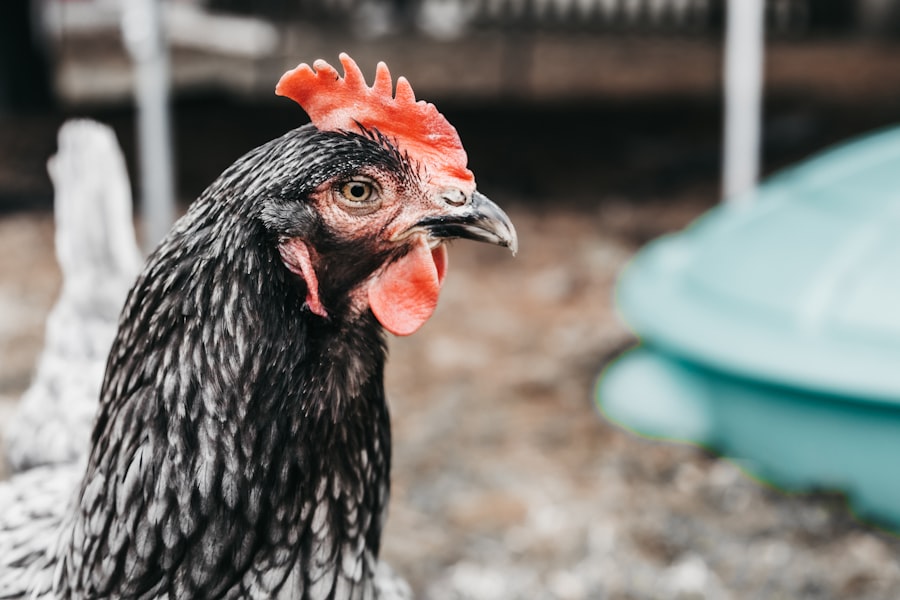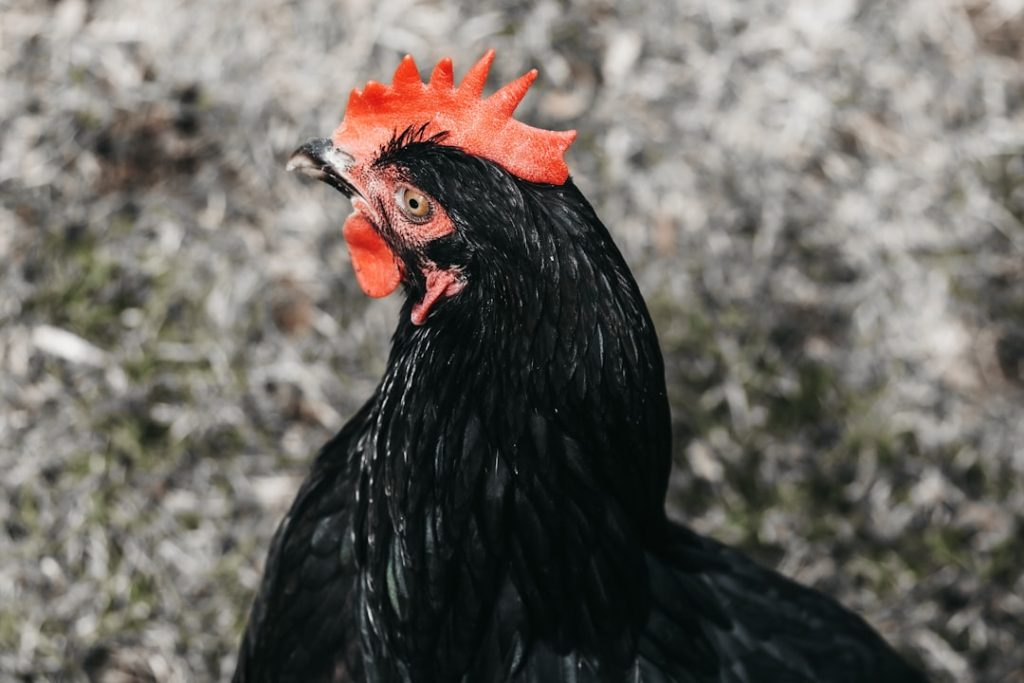Introducing new chickens to a coop requires careful management to ensure their health and safety. This process involves creating a suitable environment, observing the birds’ behavior, and gradually acclimating them to their new surroundings. Proper coop confinement is essential for protecting new chickens from predators, disease, and environmental stressors while they adjust to their new home.
The duration of confinement depends on various factors, including the age and health of the chickens, weather conditions, and the presence of existing flock members. Generally, a period of 1-2 weeks is recommended for adult chickens, while chicks may require several weeks of confinement. During this time, it is crucial to monitor the chickens’ health, food and water intake, and overall well-being.
Once the chickens have acclimated to their new environment and demonstrate good health, they can be gradually introduced to outdoor areas under supervision. This transition should be done carefully to minimize stress and ensure the chickens’ safety as they explore their expanded living space.
Table of Contents
- 1 The Importance of Keeping New Chickens in the Coop
- 2 Factors to Consider When Determining How Long to Keep New Chickens in the Coop
- 3 Recommended Time Frame for Keeping New Chickens in the Coop
- 4 Monitoring New Chickens in the Coop
- 5 Transitioning New Chickens Out of the Coop
- 6 Conclusion and Final Tips for Keeping New Chickens in the Coop
- 7 FAQs
- 7.1 How long should new chickens stay in the coop?
- 7.2 Why is it important to keep new chickens in the coop for a certain period of time?
- 7.3 What should be considered when determining how long to keep new chickens in the coop?
- 7.4 What are the signs that new chickens are ready to be let out of the coop?
- 7.5 Are there any exceptions to the recommended period of time for keeping new chickens in the coop?
Key Takeaways
- Introducing new chickens to the coop requires careful planning and consideration of various factors.
- Keeping new chickens in the coop is important to ensure their safety, health, and integration into the existing flock.
- Factors such as age, size, health, and behavior should be considered when determining how long to keep new chickens in the coop.
- It is recommended to keep new chickens in the coop for a minimum of 1-2 weeks to allow them to acclimate and establish their place in the flock.
- Monitoring new chickens in the coop is essential to observe their behavior, health, and integration progress with the existing flock.
The Importance of Keeping New Chickens in the Coop
Preventing Disease and Monitoring Health
Additionally, keeping new chickens in the coop helps to prevent the spread of diseases and parasites, as they are isolated from other birds that may carry infections. This confinement also allows you to closely monitor their health and behavior, ensuring that they are eating, drinking, and behaving normally. Overall, keeping new chickens in the coop is essential for their health, safety, and successful integration into your flock.
The Importance of Balance
On the other hand, it is important to note that keeping chickens in the coop for too long can lead to stress and boredom. Chickens are social animals that thrive on interaction and exploration. Therefore, it is important to strike a balance between keeping them safe in the coop and allowing them opportunities for outdoor activities.
Next Steps
This will be discussed further in the following sections.
Factors to Consider When Determining How Long to Keep New Chickens in the Coop

When determining how long to keep new chickens in the coop, there are several factors to consider. Firstly, the age of the chickens plays a significant role. Young chicks will need to be kept in the coop for a longer period of time compared to older chickens who are more independent and resilient.
The breed of the chickens also matters, as some breeds may require more time to adjust to their new environment. Additionally, the time of year and weather conditions should be taken into account. For example, if you introduce new chickens during extreme temperatures or inclement weather, they may need to spend more time in the coop before being allowed outside.
Furthermore, the size and layout of your coop will influence how long you keep new chickens confined. A larger coop with ample space for exercise and enrichment may allow for a shorter confinement period, while a smaller or more basic coop may require longer confinement to ensure the chickens’ safety and well-being. Lastly, it is important to consider the individual personalities and behaviors of the chickens.
Some may be more timid or cautious, requiring a longer adjustment period, while others may be more confident and adaptable.
Recommended Time Frame for Keeping New Chickens in the Coop
The recommended time frame for keeping new chickens in the coop can vary depending on the factors mentioned above. As a general guideline, it is advisable to keep new chickens in the coop for at least 2-4 weeks before allowing them outdoor access. This allows them sufficient time to acclimate to their new surroundings, establish a routine, and build confidence.
For young chicks, this period may be extended to 6-8 weeks to ensure they are fully feathered and capable of withstanding outdoor conditions. During this confinement period, it is important to provide ample food and water, as well as opportunities for exercise and mental stimulation. This can be achieved through the use of perches, toys, and other enrichment activities within the coop.
Additionally, regular interaction with the chickens can help build trust and familiarity, making the transition out of the coop smoother. It is important to note that these time frames are general recommendations and should be adjusted based on individual circumstances. Observing the behavior and well-being of the chickens will provide valuable insight into when they are ready to be transitioned out of the coop.
Monitoring New Chickens in the Coop
Monitoring new chickens in the coop is essential for ensuring their health and well-being during their confinement period. This involves observing their behavior, appetite, and overall condition on a daily basis. Healthy chickens will be active, alert, and curious about their surroundings.
They should also have a good appetite and be drinking water regularly. It is important to watch for any signs of distress or illness, such as lethargy, decreased appetite, abnormal droppings, or respiratory issues. Additionally, monitoring their interactions with each other can provide insight into their social dynamics and any potential conflicts within the flock.
Regular cleaning and maintenance of the coop are also crucial for monitoring new chickens. This includes removing soiled bedding, replenishing food and water supplies, and checking for any signs of pests or parasites. A clean and well-maintained coop will contribute to the overall health and comfort of the chickens.
Transitioning New Chickens Out of the Coop

Gradual Transition for a Smooth Adjustment
Once new chickens have been adequately acclimated to their coop environment, it is time to consider transitioning them out of the coop. This process should be gradual to allow the chickens to adjust to their new outdoor surroundings while still having access to the safety of the coop.
Supervised Outdoor Time and Exploration
One approach to transitioning new chickens out of the coop is to provide supervised outdoor time within a fenced area adjacent to the coop. This allows them to explore and forage while still having easy access to shelter if needed. Over time, this outdoor time can be gradually increased until they are comfortable spending extended periods outside.
Introducing the Outdoor Run
Another method is to introduce them to an enclosed outdoor run attached to the coop. This provides a larger space for exercise and exploration while still providing protection from predators. Once they are comfortable in the run, they can eventually be allowed free-range access to your yard or property.
Monitoring and Encouraging Exploration
It is important to closely monitor their behavior during this transition period and be prepared to intervene if any issues arise. Additionally, providing familiar food and water sources outside can help ease their transition and encourage them to explore their new environment.
Conclusion and Final Tips for Keeping New Chickens in the Coop
In conclusion, keeping new chickens in the coop is an important step in ensuring their safety, health, and successful integration into your flock. By considering factors such as age, breed, coop size, and individual behaviors, you can determine an appropriate time frame for keeping them confined. Monitoring their well-being during this period is crucial for identifying any potential issues and ensuring a smooth transition out of the coop when they are ready.
As a final tip, it is important to provide ample enrichment and social interaction within the coop to prevent boredom and stress. This can include perches, toys, and regular handling to build trust with your chickens. Additionally, maintaining a clean and well-maintained coop will contribute to their overall health and comfort.
By following these guidelines and being attentive to the needs of your new chickens, you can create a positive and successful experience for both you and your feathered friends.
If you’re wondering how long to keep new chickens in the coop, you may also be interested in learning about how long it takes for chicken eggs to hatch naturally. This article provides valuable information on the incubation period for chicken eggs and the process of hatching. Understanding this timeline can help you plan for when to introduce new chicks to the coop.
FAQs
How long should new chickens stay in the coop?
New chickens should stay in the coop for at least 1-2 weeks to allow them to acclimate to their new environment and become familiar with their surroundings.
Why is it important to keep new chickens in the coop for a certain period of time?
Keeping new chickens in the coop for a period of time allows them to establish a sense of security and familiarity with their new surroundings, reducing the risk of stress and potential escape.
What should be considered when determining how long to keep new chickens in the coop?
Factors such as the age of the chickens, their previous living conditions, and the presence of other chickens in the coop should be considered when determining how long to keep new chickens in the coop.
What are the signs that new chickens are ready to be let out of the coop?
Signs that new chickens are ready to be let out of the coop include them appearing comfortable and relaxed in their new environment, showing interest in exploring outside the coop, and displaying normal eating and drinking behaviors.
Are there any exceptions to the recommended period of time for keeping new chickens in the coop?
In some cases, new chickens may require a longer period of time in the coop, especially if they are particularly skittish or have had a traumatic experience prior to being introduced to the new environment. It’s important to assess each situation individually.
Meet Walter, the feathered-friend fanatic of Florida! Nestled in the sunshine state, Walter struts through life with his feathered companions, clucking his way to happiness. With a coop that’s fancier than a five-star hotel, he’s the Don Juan of the chicken world. When he’s not teaching his hens to do the cha-cha, you’ll find him in a heated debate with his prized rooster, Sir Clucks-a-Lot. Walter’s poultry passion is no yolk; he’s the sunny-side-up guy you never knew you needed in your flock of friends!







